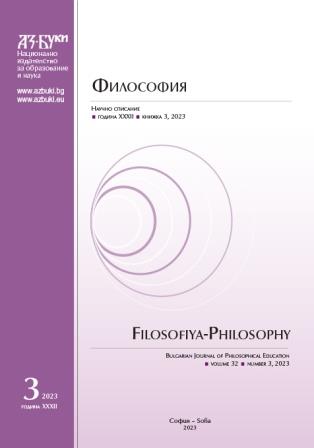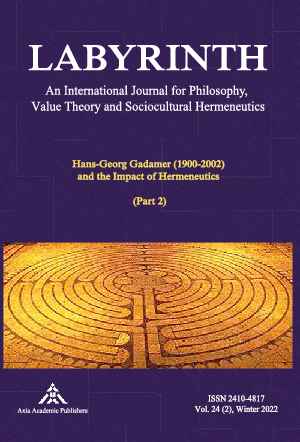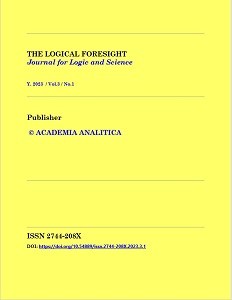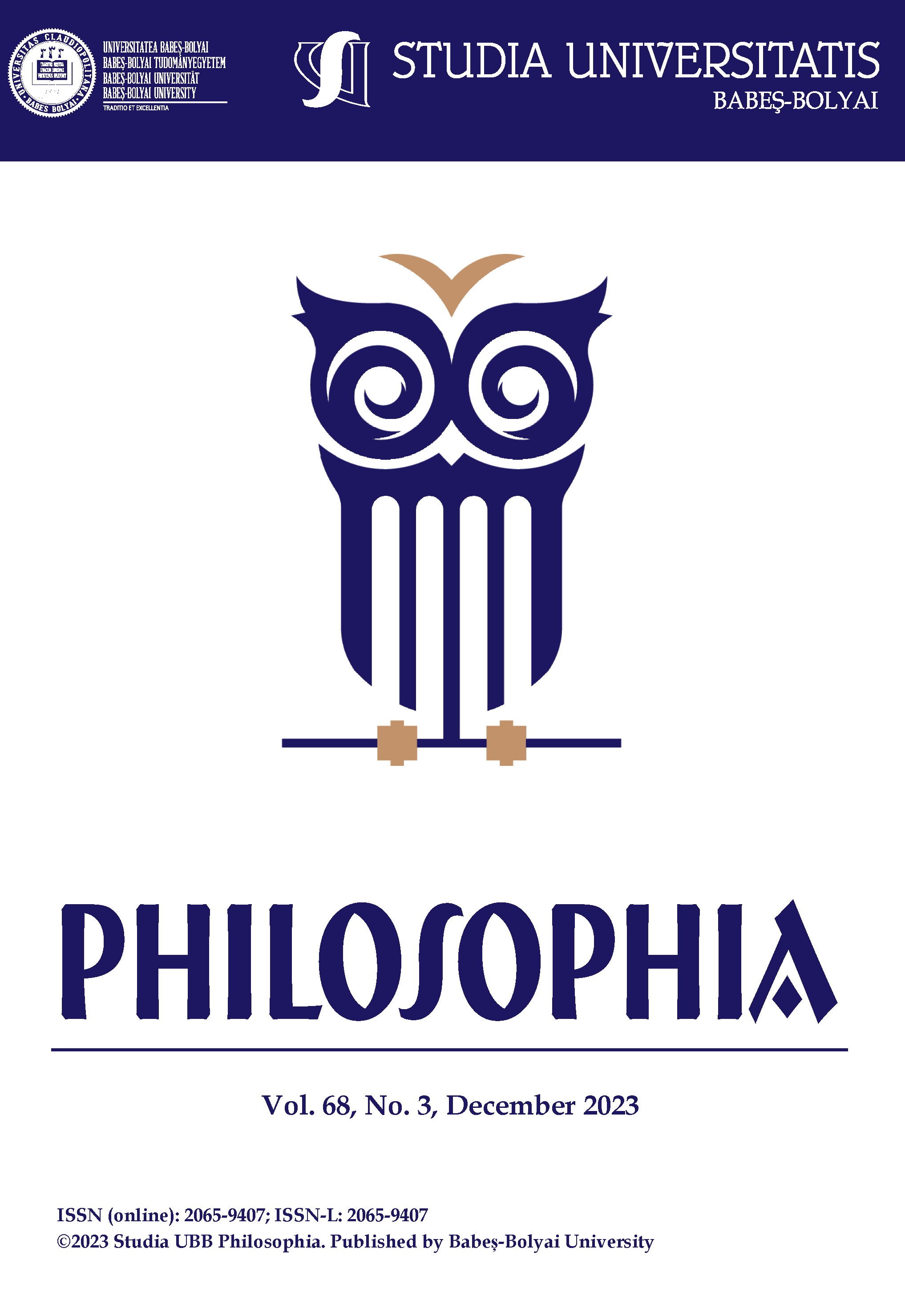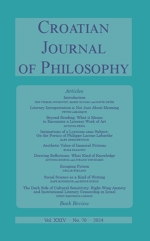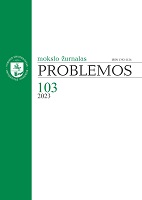
The Supremacy of IBE over Bayesian Conditionalization
Van Fraassen does not merely perform Bayesian conditionalization on his pragmatic theory of scientific explanation; he uses inference to the best explanation (IBE) to justify it, contrary to what Prasetya thinks. Without first using IBE, we cannot carry out Bayesian conditionalization, contrary to what van Fraassen thinks. The argument from a bad lot, which van Fraassen constructs to criticize IBE, backfires on both the pragmatic theory and Bayesian conditionalization, pace van Fraassen and Prasetya.
More...

